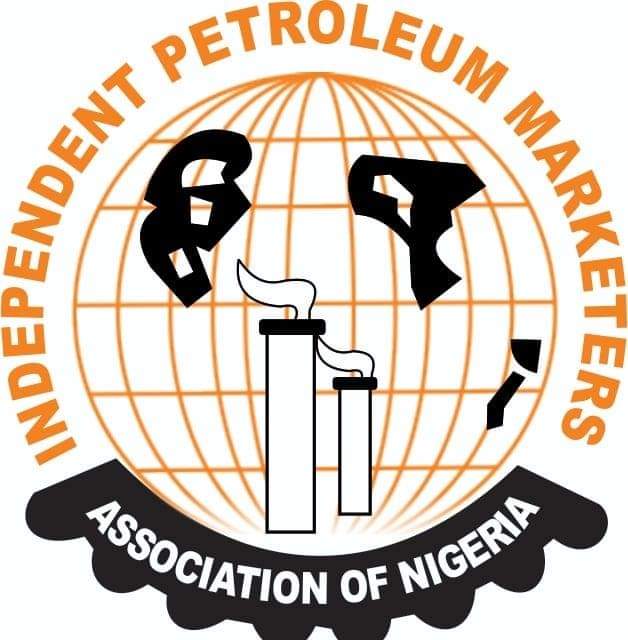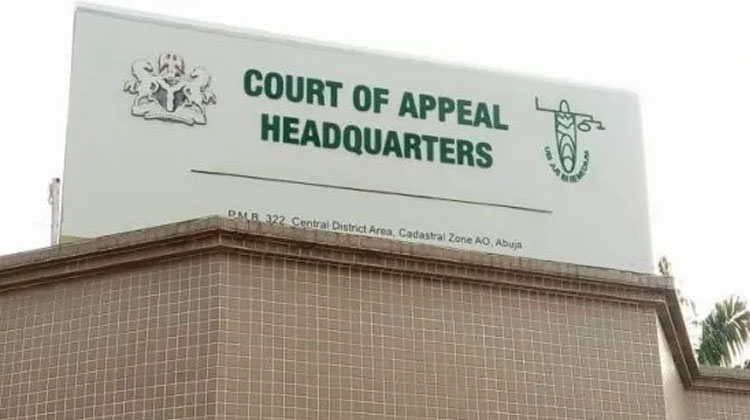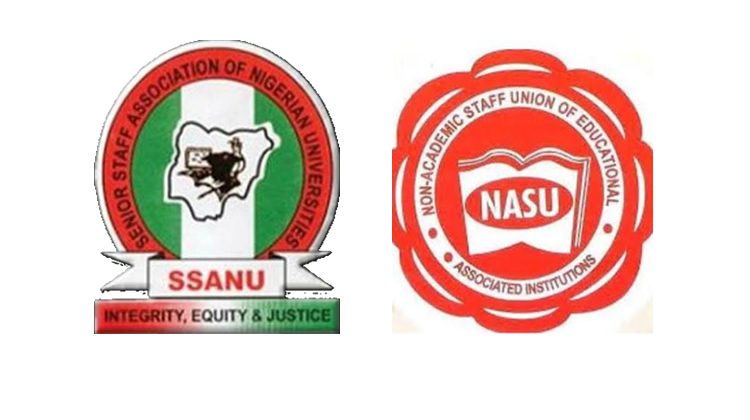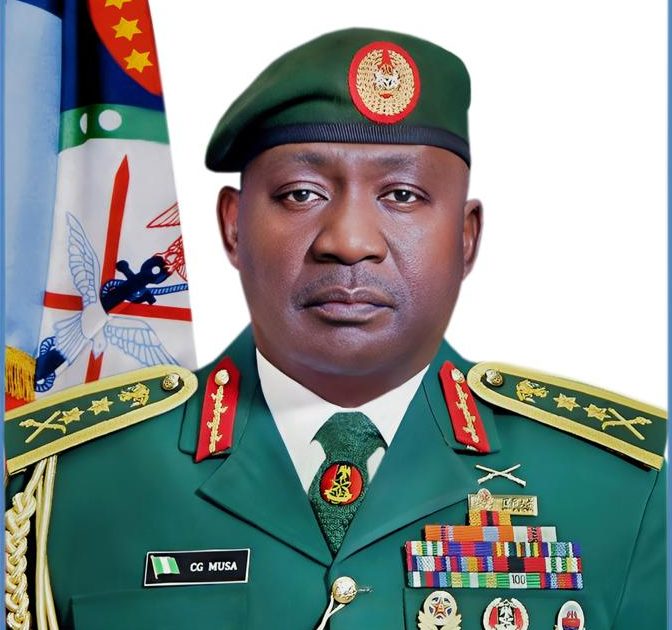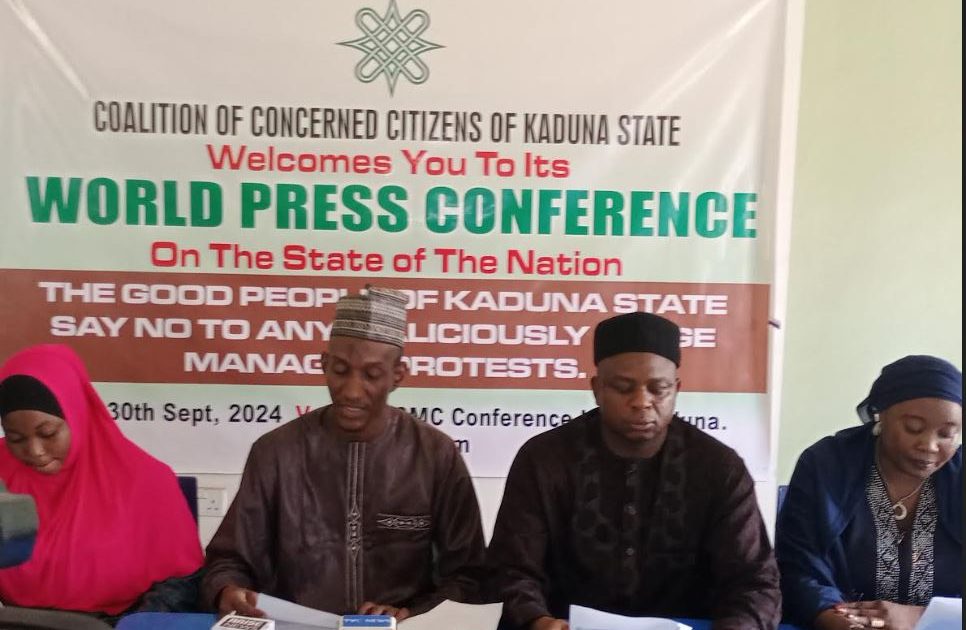Mark Rutte, a staunch ally of Ukraine and a fierce critic of Russian President Vladimir Putin, is set to become NATO’s next secretary general, building on a career as a political dealmaker from his 14 years as Dutch prime minister.
Rutte’s path to NATO’s top job became clearer Thursday when Romanian President Klaus Iohannis publicly revealed he was withdrawing his bid for the leadership, after notifying the alliance as such last week. Only Romania had still been officially opposed to Rutte’s candidacy.
Rutte, 57, has been one of the driving forces behind Europe’s military support for Ukraine since Russia’s 2022 invasion, and says defeat on the battlefield for Moscow is vital to secure peace in Europe.
His view is heavily influenced by the downing of an airliner over Ukraine in 2014, which the Netherlands blames on Russia, and in which 196 of the 298 victims were Dutch. NATO must be powerful to counter Moscow, and other European Union leaders must not be naive about Putin’s Russia, he says.
“He won’t stop at Ukraine, if we don’t stop him now. This war is bigger than Ukraine itself. It’s about upholding the international rule of law,” Rutte told the United Nations in September 2022, seven months after Russia’s full-scale invasion.
After the downing of flight MH17, he went from being primarily domestically focused to one of the EU’s main dealmakers, playing an important role in European debates on immigration, debt and the response to COVID-19.
NATO members had been due to name a successor to Jens Stoltenberg when they met in Lithuania in July 2023, but no consensus could be found about a replacement. U.S. President Joe Biden will host NATO members July 9-11 in Washington, D.C., with the alliance’s 75th anniversary to be hailed.
Ukraine war support critical for Rutte
Rutte first took office in 2010 and went on to become the longest-serving Dutch prime minister before announcing last year that he planned to leave national politics.
Rutte had hinted he might enjoy teaching after politics, but he cited the war in Ukraine as the reason for seeking an international post as he set his sights on the NATO leadership.
Under his leadership, the Netherlands increased defence spending to more than the two per cent threshold of GDP desired of NATO members, providing F-16 fighter jets, artillery, drones and ammunition to Kyiv, and invested heavily in its own military.
In his last months in office, he also signed a 10-year security pact with Ukraine, guaranteeing support from the Netherlands despite criticism by far-right leader and election-winner Geert Wilders.
Rutte will step aside formally as prime minister of Netherlands when the recently forged right-wing Dutch government replaces his centre-right coalition.
His path to replace Stoltenberg, who steps down as NATO chief in October after nearly a decade at the helm, became more certain after Hungary and Slovakia indicated on Tuesday that they would back his nomination.
Speaking in Ottawa, NATO Secretary General Jens Stoltenberg said he will work to ensure that all allies meet the defence spending benchmark of two per cent of GDP, including Canada.
Stoltenberg said this week Rutte was a “very strong” candidate to replace him and a decision was near.
Under Stoltenberg, the alliance has added Montenegro, North Macedonia, Finland and Sweden as new members. Some members of the North Atlantic Treaty Organization had hoped Estonian Prime Minister Kaja Kallas would become the first woman to lead NATO but others saw her as too hawkish toward Russia.
‘Stop moaning’ about Trump: Rutte
Rutte cemented his bid to become NATO’s new chief last year while co-leading an international coalition that will deliver F-16 fighters to Ukraine and train Ukrainian pilots.
Even while warning of the threat posed by Putin, Rutte has suggested the Russian leader is not as strong as he seems.
“Don’t mentally overestimate Putin. I’ve talked to the man a lot. He’s not a strong man, he’s not a strong guy,” Rutte said in a parliamentary debate in April.
LISTEN | The road ahead for NATO at the 75-year mark:
The House10:23NATO is 75 years old — can it maintain its momentum?
As NATO marks a milestone amid the war in Ukraine, allies are keeping an eye on a possible second Trump presidency. The House speaks to representatives of two high-ranking member countries, U.S. Ambassador David Cohen and U.K. High Commissioner Susannah Goshko, about whether the alliance can survive and why NATO continues to put pressure on Canada to meet its defence spending promises.
Rutte’s challenges could include the possible return of Donald Trump as U.S. president, which has unnerved NATO leaders since the former president called into question U.S. willingness to support other members of the defence alliance if they were attacked.
Rutte said at the Munich Security Conference in February that NATO needs to “work with whoever is on the dance floor.”
“We should stop moaning and whining and nagging about Trump,” he said.
Romania, in announcing its backing of Rutte, said it would also donate one of its two operational Patriot missile systems to Ukraine on condition that allies replace it with a similar air defence system.
The donation was made “considering the significant deterioration of Ukraine’s security situation following constant and massive attacks by Russia on civilians and civilian infrastructure,” Bucharest’s Supreme Defence Council (CSAT) said in a statement.
Romania has raised defence spending to 2.5 per cent of GDP in response to Russia’s invasion of Ukraine.
Canada has been criticized for lagging on its commitment to the two per cent guidance. Foreign Affairs Minister Mélanie Joly told CBC’s Power & Politics last week that the government has a plan to reach that level of defence spending in the coming weeks.

